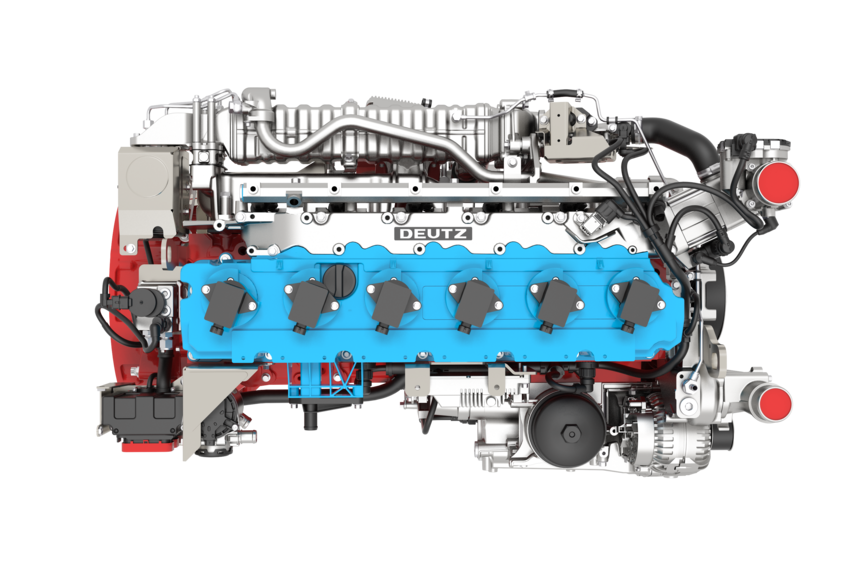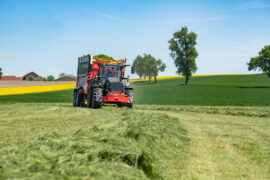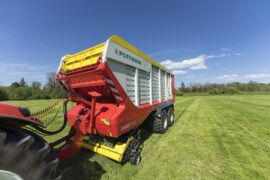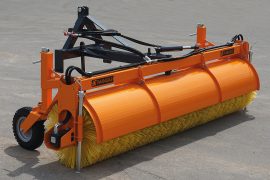German-based engine manufacturer Deutz is about to put a hydrogen-powered engine into practical use. In the short term, however, the concept is unlikely to be used in tugs. The company announced in mid-August that the engine meets all of the eligibility criteria set by the EU for zero CO2 emission engines, is a further addition to the company’s portfolio of low-emission and zero-emission drive systems.
“DEUTZ are pioneers of carbon-neutral drive systems for off-highway applications. We already manufacture clean and highly efficient engines. Now we are taking the next step: Our hydrogen engine is ready for the market. This represents an important milestone that will help us to make our contribution toward the Paris climate goals,” says Dr. Frank Hiller, CEO of DEUTZ AG.
The hydrogen-powered engine has passed initial tests on the test bench with flying colours and is scheduled to go into full production in 2024. Dr. Markus Müller, Chief Technology Officer of DEUTZ AG, explains: “The six-cylinder TCG 7.8 H2 is based on an existing engine design. Generating a power output of 200 kW it runs carbon-neutral and very quietly. In principle, the engine is suitable for all current DEUTZ applications, but due to the available infrastructure it is likely to be used first in stationary equipment, generators, and rail transport.”
The company plans to start series production of the hydrogen engine in 2024. As the first pilot application of the hydrogen engine, a stationary power generation system is planned with a regional partner. This should go into operation at the beginning of 2022 and prove the practicality of the engine.





